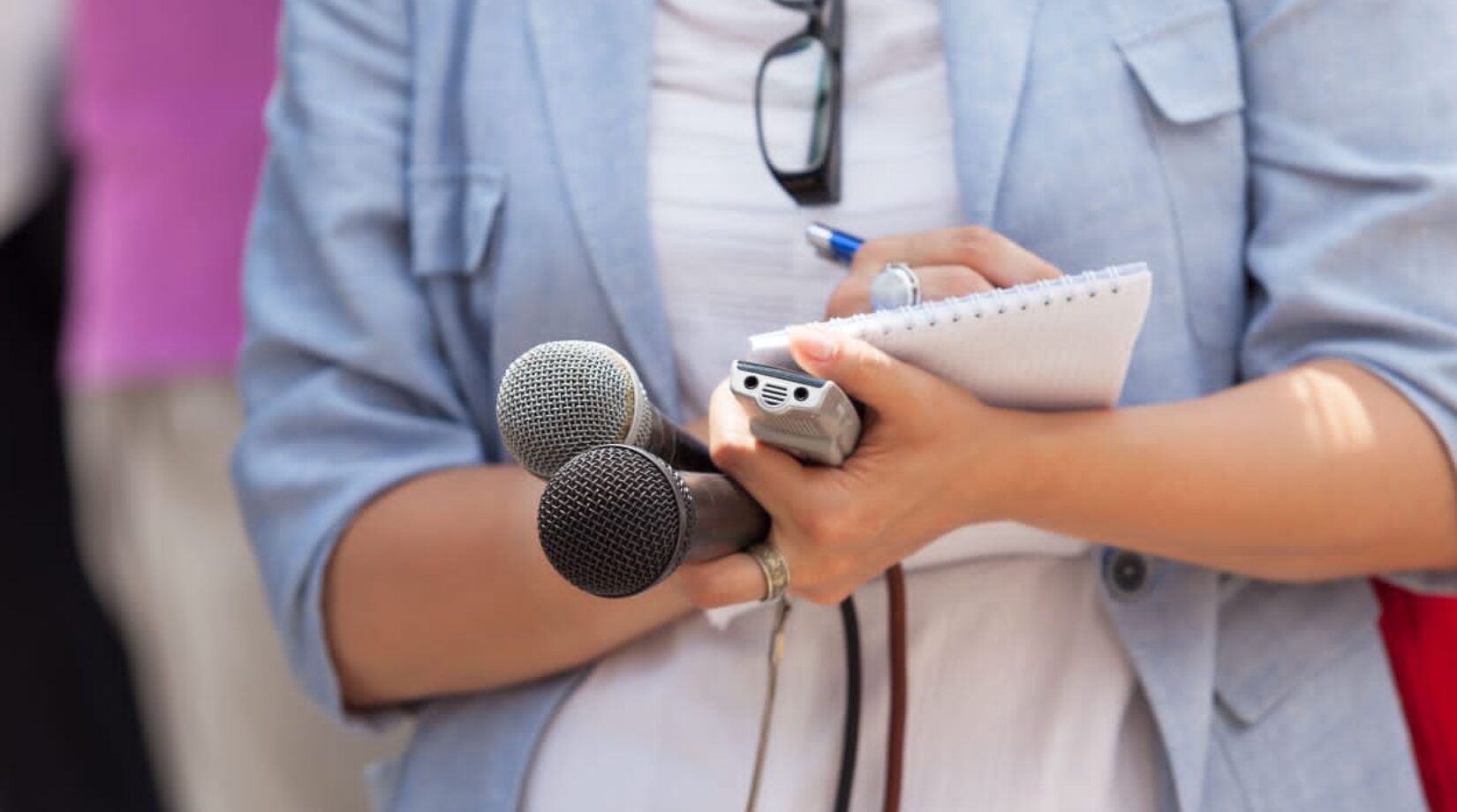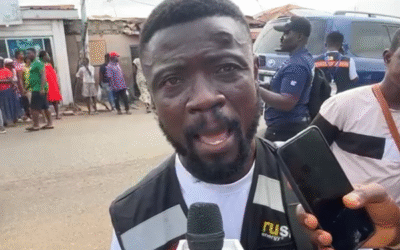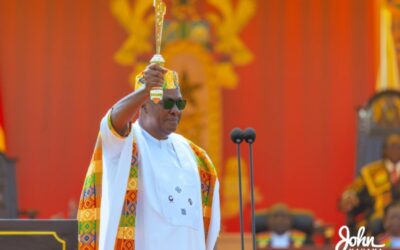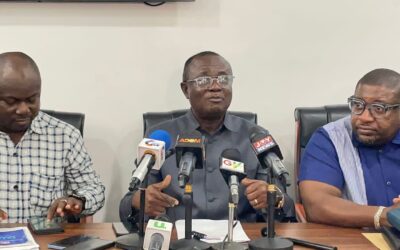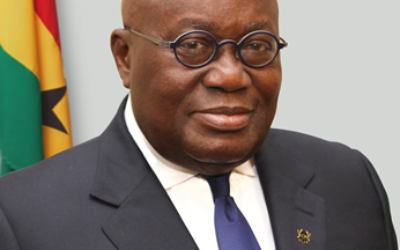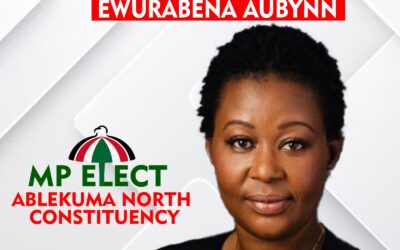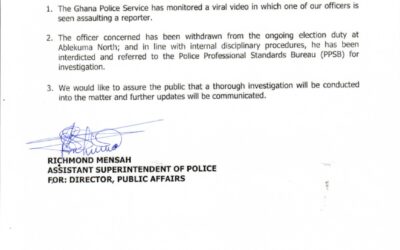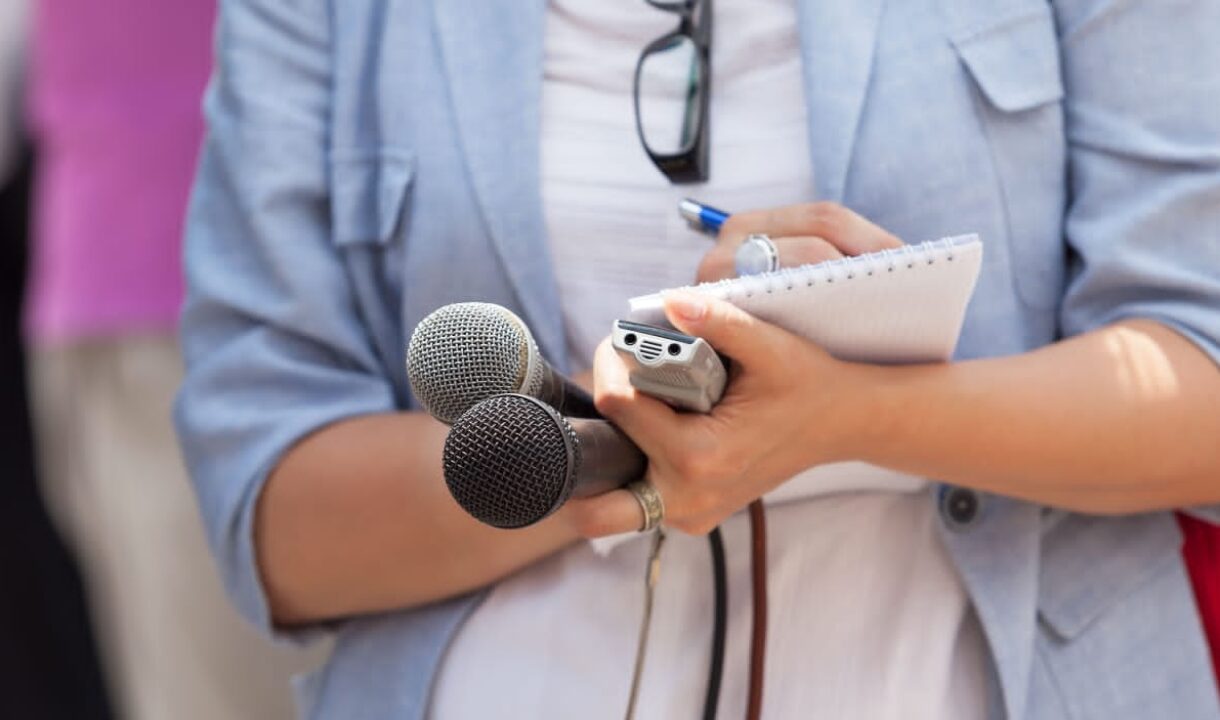By:Agyemang Augustina Effie
Level 300 top-up student, Ghana Institute of Journalism
Ghana prides herself on having a free and pluralistic media landscape; however, she displays apathy when it comes to the implementation of guidelines as regards ethical conducts. The roles and freedoms assigned the media in the 1992 constitution demands utmost compliance to high standards of professionalism and ethics in the delivery of its duties.
Thus, there is a need for enriching the discourse on realistic ways of enhancing journalistic standards in Ghana.
Africanus Lewil Diedong who holds a PHD in social communication (Rome, Italy), an alumnus of the Ghana Institute of Journalism, a lecturer at the University for Development Studies and the editor of the Ghana Journal of Development Studies has contributed massively to the enhancement of journalistic standards in Ghana through his research in the areas of Media Ethics, Journalism Education, Development Communication, Media Religion Culture, Community Radio Broadcasting, Media Education and Pastoral Communication. In the same vein, society has respectfully made special appeals to Ghanaian journalists to live up to the standards of the profession.
The Ghanaian media operating under the social responsibility theory has allowed the media freedom but makes them also responsible for every action they take. Journalism as a profession in Ghana has over the years risen above reproach in the face of various setbacks and challenges to the peak at which it is now. Initially journalists suffered brutality and other related risks.
Though the brutality have risen again in the Media space there is an increased awareness and a growing intolerance amongst the population towards the act. In recent times, there has been a fervent campaign for press freedom and expression without any government interference or censure. This has achieved some positive strides even though there is more room for improvement.
Out of some 17 persons interacted with towards this write-up, 7 shared negative sentiments that journalism in Ghana has swayed towards political affiliations.
This, they believe has impacted negatively on the ability of most journalists in the country to deliver unbiased and accurate reportage of pressing issues on the Ghanaian experience. In their claim, some journalists are bought by various political parties who in return present the news and information towards one direction to favour that political party thus the tag on some media houses or journalists as pro-NPP or pro-NDC.
My fear is that, these journalists after receiving information return to the perpetrators to demand money from them and when successful, give a biased or opinionated reportage rather than presenting the facts. Some also go to the extent of informing those involved in the story at hand and in return demand money to cover up the story from been published.
I recall that other journalists also use their platforms as a tool to threaten people and extort money from them.
This is another form of corruption among journalists in recent times. One objective of a journalist is to go to the field and cover stories which will be of interest to the audience but recently, journalists sit back and wait for others (unreliable sources) who are not on the field to get the information at first hand. They then retrieve from there to break it to the audience.
According to Mr. Alexander Tetteh Odonkor, Assembly Man for Aperkon Electoral Area, the journalism job is risky, especially in situations where journalists have to cover stories in war-torn or conflict areas or undercover corruption crimes. In this vein, some journalists end up losing their lives in the quest to cover such stories or look for information.
Thus the respect for the journalistic profession is one that must be held in high repute.
Despite the few bad nuts that over shadow the good ones who really are up to the standard of the profession, I find it a supreme irony that any person would regard the collective standard of journalistic practice in Ghana as not being of a good standard.
However, it goes without saying some journalists are living up to the standard of the profession whiles others are nothing to write home about. On a scale of 100, some 75 per cent of journalists are living up to the expectations of society- a quite impressive feat.
Amidst every negative ideology concerning journalists, it is no doubt that journalists have put leaders on the right track, making then accountable for their actions towards citizens as compared to some times in the past where journalists were harassed and threatened not to speak for what was right or in the interest of society and the citizenry.
One view that remained dominant amongst all the persons interacted with was the realization that there was an improved standard in the professionalism of journalists in recent times. Journalists over the years, particularly in the 4th Republic, have contributed majorly to government decisions and reforms especially in making the views of citizens heard.
It is undisputedly confirmed that without journalism or the media, the world will be in chaos. Journalists have aided in shaping the country in every space; political, health, governance and socio-cultural space. They ask the relevant questions, probe into the issues and make sure leaders accounts for everything they do.
Another encouraging development is considering the works of Anas Aremeyaw Anas, an investigative journalist.
His works has over the years helped shaped the society, correct the wrongs in the society and bring the offenders to justice. Journalists, like Manasseh Azure amongst others, have also placed measures to curtail society and government and place leaders on their toes to do their work effectively and efficiently.
Journalists in recent times have also made the voice of citizens a major concern rather than government, because the Ghanaian media is not authoritarian neither is it libertarian.
The media has served as a mouth piece for citizens in the sense that they play a crucial role in making sure that the interest, pleas and concerns of the citizens reach the right places and they convey the message back to the audience.
As part of these, journalists take responsibilities for every action they take and are liable to any damage that happens. There are still more strides to be attained. However, it is no doubt that, in recent times journalists are living up to the expectations and standards of their profession.

